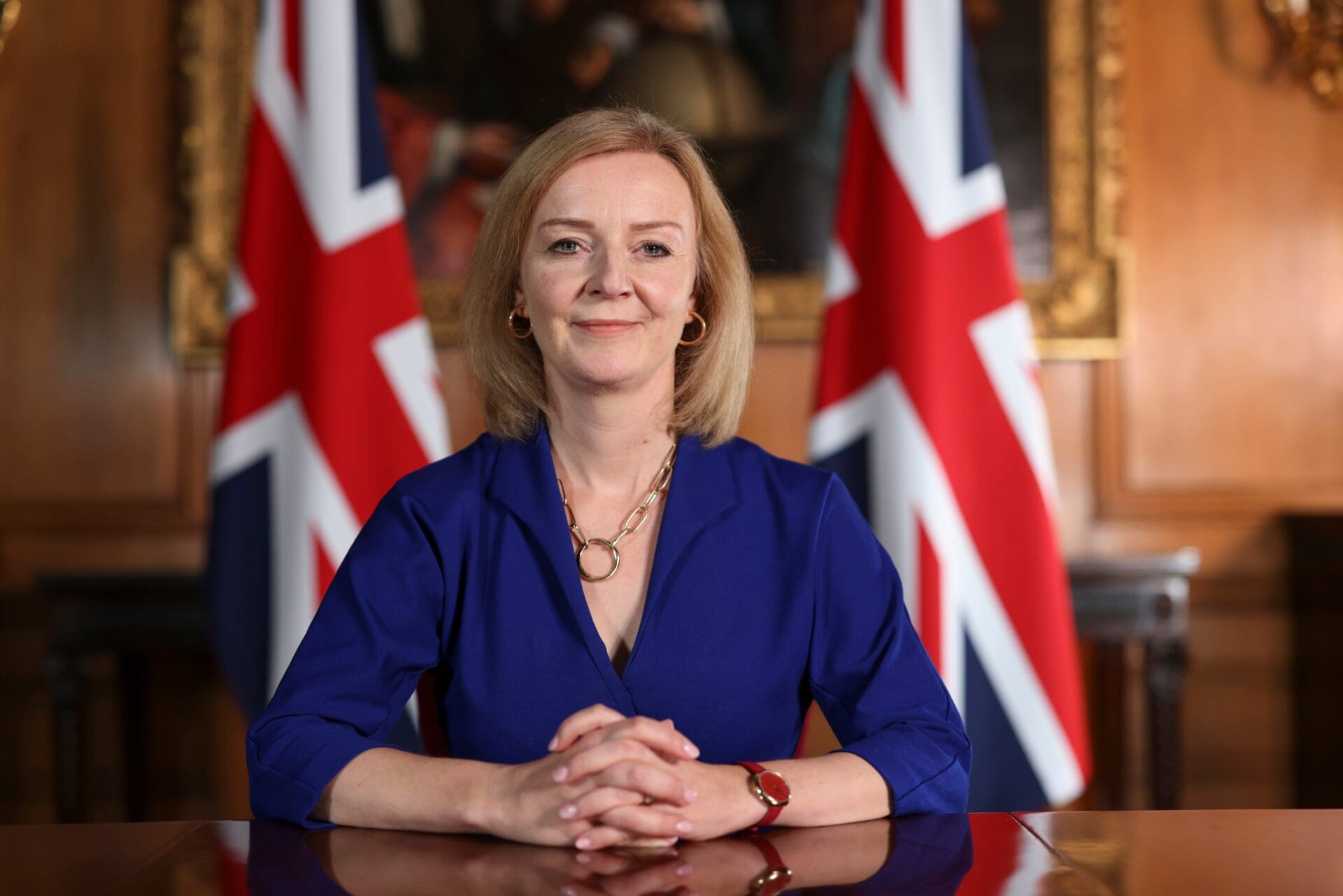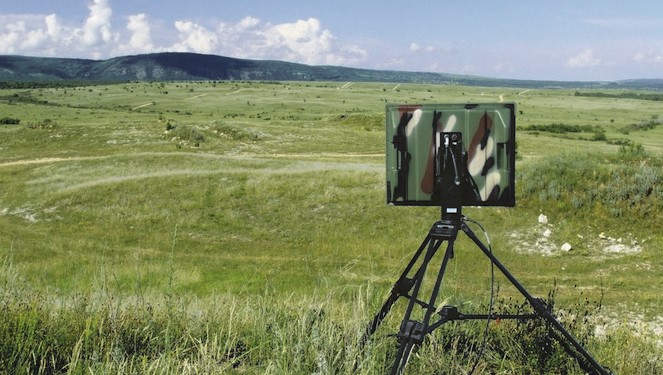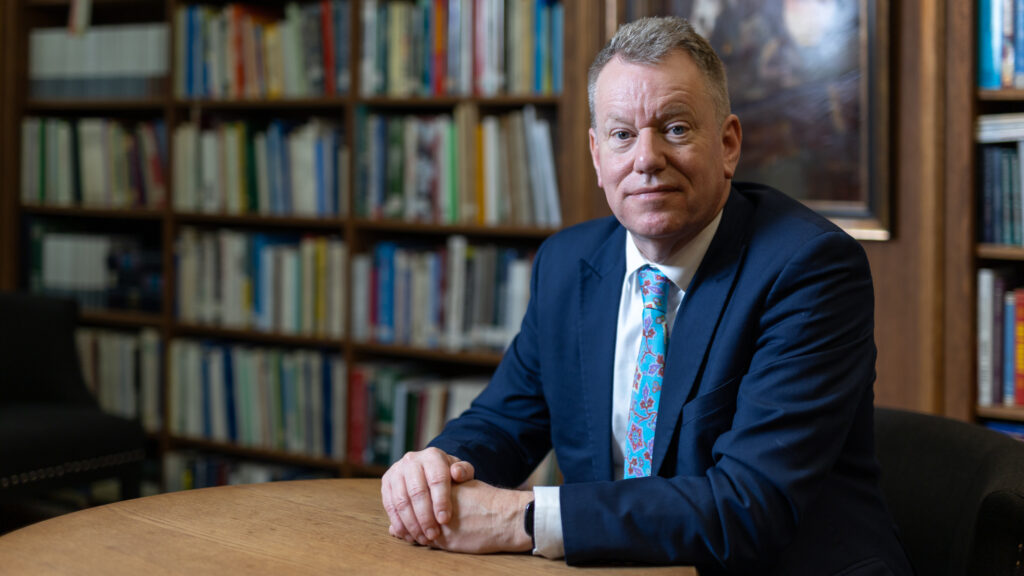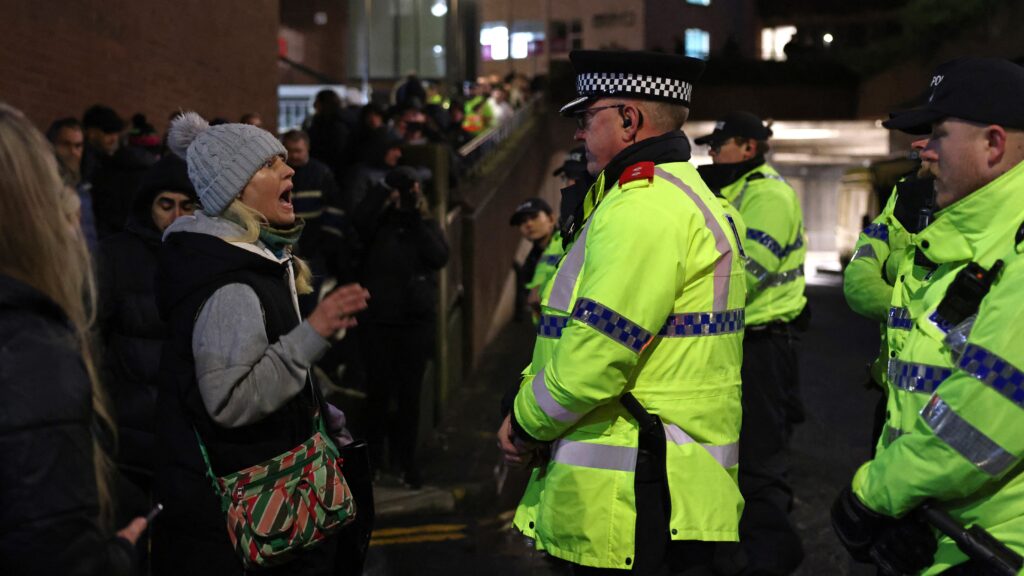Truss will inherit an economy that is about to enter a protracted recession and will need to take immediate action to address the cost of living crisis engulfing the UK.
Facing the Problems
The Russian invasion of Ukraine is largely to blame for the volatility in gas prices around the world. In Britain, the average household’s annual energy expense has increased by over three times in the past year, reaching over $4,000. For the first time since the 1980s, inflation is above 10 per cent. The government is receiving more and more urgent requests for financial assistance to assist millions of people in paying for necessary heating and electricity to survive through the winter.
Tens of thousands of rail employees, port and postal workers, lawyers, and waste services workers went on strike during a summer of unrest to demand greater compensation to keep up with rising costs, and the opposition Labour Party and other critics accuse the government of being ‘missing in action’.
The Candidates
With her Thatcherite eagerness to curtail government intervention and raise taxes, Truss has gained the backing of many Conservatives. She has pledged to take urgent action to address the rising cost of electricity, but has made no specific promises.
The other prime ministerial hopeful, Rishi Sunak, also campaigned on cost of living issues. He announced that he would temporarily lower the value-added tax on energy bills in an effort to position himself as the more pragmatic economist of the two. However, he vowed not to ‘max out the country’s credit card’ and advised against making large tax cuts until the inflation rate is under control.
Both candidates have expressed their appreciation for right-wing, small-government prime minister Margaret Thatcher, who served as the country’s leader from 1979 to 1990.
Start of the Term
As she starts her term, the main focus and obstacle she will have to face is going to be the economy. As Johnson’s successor, she will also have to navigate international politics in the face of the Russian war, increasing tensions with an ever more assertive China and ongoing problems with the European Union over Brexit’s aftermath, especially in Northern Ireland. Although some experts have suggested she could soften her ‘robust’ rhetoric after becoming leader, Truss has spoken out strongly on all three of these major problems while serving as foreign secretary.
Since Johnson’s resignation on 7 July after his administration was rocked by one too many ethics scandals, Britain has been in limbo. Although Sunak resigned in protest during Johnson’s final days in power, Truss and Sunak had both been important members of his Cabinet. Johnson has continued to serve as interim prime minister, coming under heavy fire for failing to address the challenge of rising energy prices. Officials have emphasised that any new regulations must wait until his replacement has taken office.
The leadership competition’s voting ended on Friday, and the winner was revealed on Monday. In order to meet with Queen Elizabeth II on Tuesday, Johnson and his successor will both go to Scotland: one to formally present his resignation, and the other to accept an invitation to form a government. The Queen typically meets with the Prime Ministers in London’s Buckingham Palace. However, the 96-year-old monarch has recently experienced mobility issues, so the plans are being made for the first time in the Scottish Highlands, where she usually spends her summers.
Truss, who served as Boris Johnson’s foreign minister, confirmed in a TV interview on Sunday that the measures to be introduced to tackle the energy crisis will address the concerns of millions of people who are concerned they won’t be able to pay their fuel bills as winter approaches.
She declined to respond to a report that her energy plan could cost more than $115 billion, but Kwasi Kwarteng, a lawmaker who is expected to become her finance minister, stated in a Monday article that the government could afford to borrow more money to support households and businesses.
Truss hinted during her bid for the premiership that she would defy tradition by repealing tax rises and reducing other levies that some economists claim would cause inflation. This, together with a promise to examine the Bank of England’s mandate while preserving its independence, has pushed some investors to sell UK bonds.
Opposition MPs claim that Truss’ lengthy, expensive, and challenging to-do list is the product of 12 years of ineffective Conservative rule. Many have demanded an early election, which Truss has stated she will not permit. Veteran Conservative lawmaker David Davis described the challenges she would take on as prime minister as ‘probably the second most difficult brief of post-war prime ministers’ after Conservative Margaret Thatcher in 1979.
Foreign Minister Péter Szijjártó congratulated Truss on her election. In a Facebook post, the minister said: ‘Liz Truss will be the new Prime Minister of the United Kingdom. As colleagues, we worked well together, she was always a very fair negotiator. I wish you a lot of success, Liz!’








